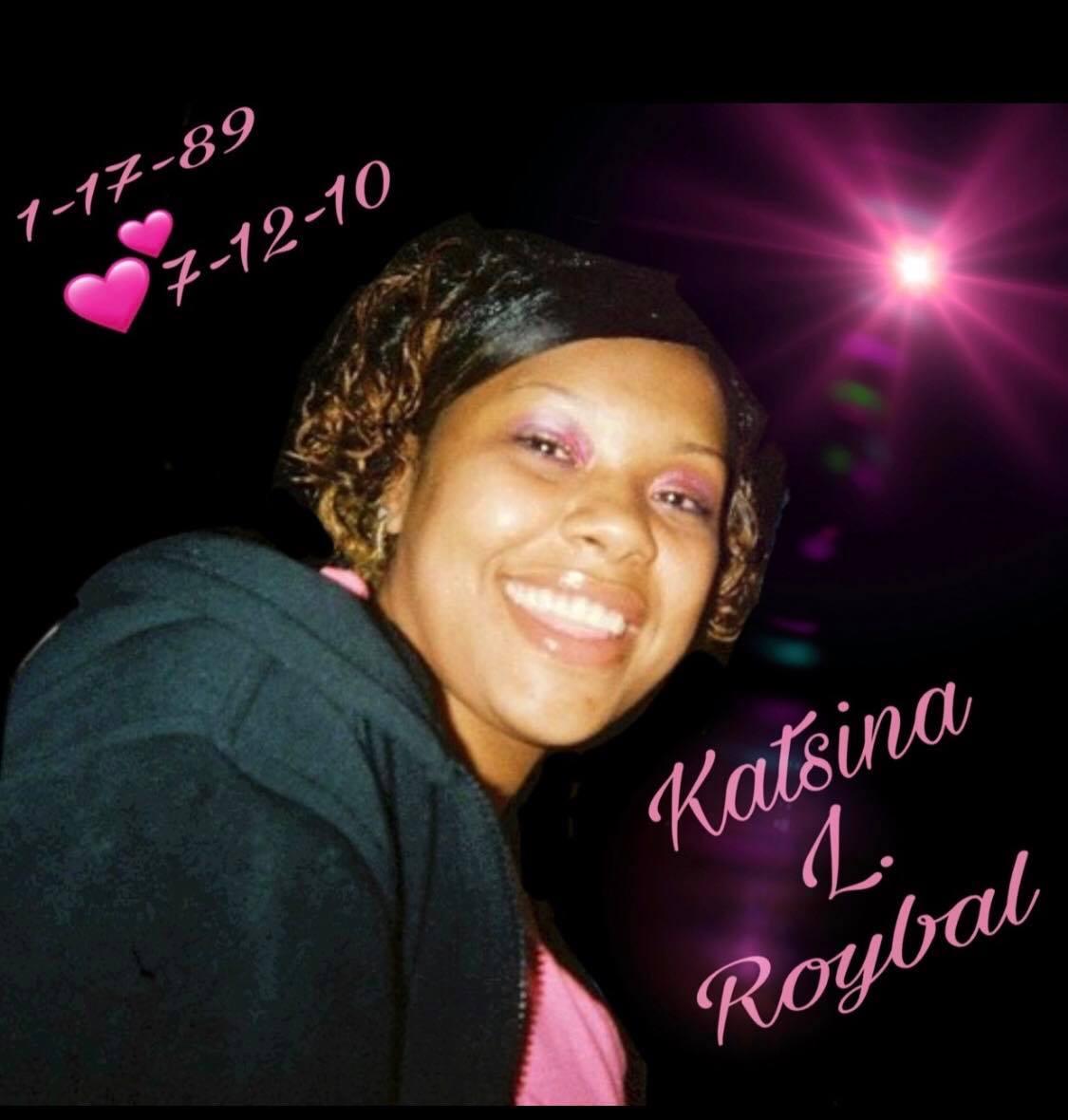Unsolved or "cold" cases are investigated in a variety of ways by the Denver Police Department (DPD). Use of cutting-edge tech, community involvement, and collaboration with other organizations are all examples of these methods.
DPD relies heavily on the combined DNA index system as one of its primary technological resources (CODIS). DNA profiles from criminals, crime scenes, and missing people are all stored in the Central Ohio Data Information System (CODIS). Investigators may be able to link a previously unidentified DNA profile to a suspect or victim by searching CODIS. Darlene Krashoc was murdered in 1981, and the Denver Police Department has using genealogy websites to help find those responsible for the crime.
The Department of Public Safety and Development (DPS) also uses community participation as a tactic. By connecting with the community, detectives can obtain information and prospective leads from people who may have knowledge on unsolved cases. Participation can take many forms, including community meetings and collaboration with local groups to spread the word about cold cases.
To further its mission, DPD collaborates with other organizations including the Colorado Bureau of Investigation (CBI). For instance, the murder of a young woman named Helene Pruszynski in 1981 was solved in 2018 thanks to a joint effort between the DPD and the CBI. DPD and CBI worked together to collect further DNA evidence at the crime scene and ultimately identify a suspect.
In addition to these techniques, the DPD also maintains a Cold Case Murder Unit, comprised of detectives with years of experience in solving cold cases. All unsolved homicide cases in Denver are investigated by the team, with special attention paid to those where fresh information or evidence has surfaced.
DPD uses a wide variety of methods, including cutting-edge technology, extensive community involvement, and cooperative efforts with other organizations, to solve cold cases and provide justice for victims' loved ones.




